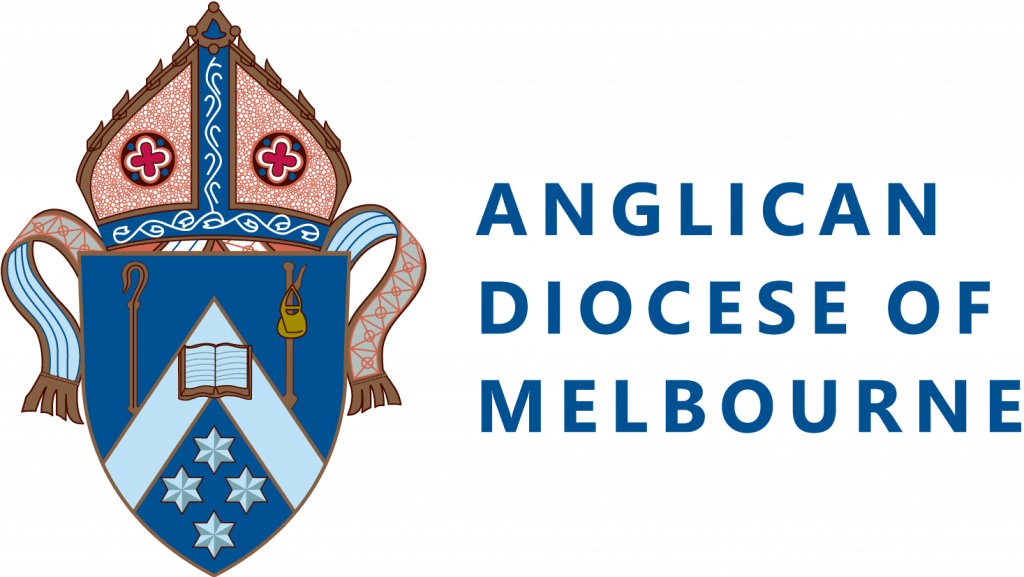Worship
Anglicans gather in parish churches and other places to form local groups of faith and learning, and to share Holy Communion.
We worship Jesus Christ as Lord in our singing, our reading and in our praying. We find ourselves drawn into the holy mystery of God’s presence.
When Anglicans gather for worship we hear the scriptures read and explained and pray together using authorised prayer books – the most recent issued in 1995 – so that everyone can join in, and so that common prayer becomes a familiar part of spiritual life.
But Anglicans respect diverse styles of worship, formal and mystical, family or youth events with lots of singing and activity, or a quiet early morning service, for example.
Sacraments play in integral part in Anglican worship. A sacrament is an outward and visible sign of an inward and spiritual grace.
According to the (39) Articles of Religion, there are Sacraments ordained of Christ our Lord in the Gospel (which are Baptism and Holy Communion), and other services Commonly called Sacraments but not to be counted for Sacraments of the Gospel, which include Confession and Absolution, Marriage, Confirmation and Ordination, and Anointing of the Sick.
The church building usually houses an altar or holy table (for Holy Communion), a font (for baptism), a lectern (for Bible reading), and a pulpit (for preaching). It may be grand, of traditional or contemporary design, and embellished with windows and other works of art – or a plain assembly hall. Flowers, real or artificial, are almost always on display.
The bishop of a diocese authorises the ministers and forms of worship (including variations) for every congregation of the diocese. The congregation, and not just the priest, must petition the bishop for major changes to worship or its conduct.


